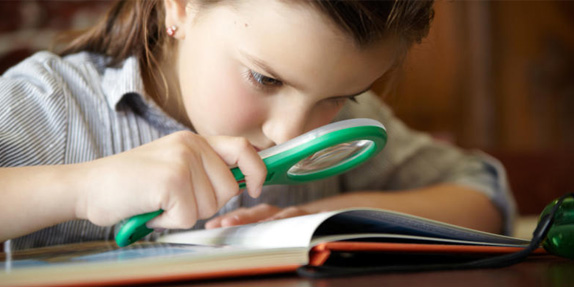Some myths and facts about sight loss
There are a number of myths about sight loss and visual impairment. We hope this page will help to clear up some of these misconceptions.
Myth: A person who is registered blind has no sight at all.
Fact: Most people who are registered blind have some useable vision.
Myth: People with sight loss cannot read.
Fact: Large print, Braille, audio books and other digital technologies are available to assist people to read.
Myth: All blind people read Braille.
Fact: Only a small percentage of people registered blind read Braille.
Myth: Sight loss only affects the elderly.
Fact: Sight loss can affect people of all ages.
Myth: Eating carrots will improve your eyesight.
Fact: Carrots are high in Vitamin A, which is important in a balanced diet however, eating carrots or other foods high in Vitamin A will not necessarily improve your vision.
Myth: Blind & partially sighted people are unable to work.
Fact: People with sight loss enjoy a wide variety of careers.
Myth: It is not harmful to look at the sun if you squint or use dark glasses.
Fact: The sun’s ultra-violet light will still damage your eyes. You should never look directly at the sun.
Myth: Blind people develop their other senses to compensate for their sight loss.
Fact: Some blind people may work hard to develop their other senses to compensate for their vision loss however this does not happen automatically.
Myth: You need to speak louder when talking to a blind person.
Fact: Blind people have reduced vision not hearing. Talk to them as you would to anyone else.
Myth: Blind people can always identify you by your voice.
Fact: This is not true and it is always good practice to identify your self when meeting a blind person.


